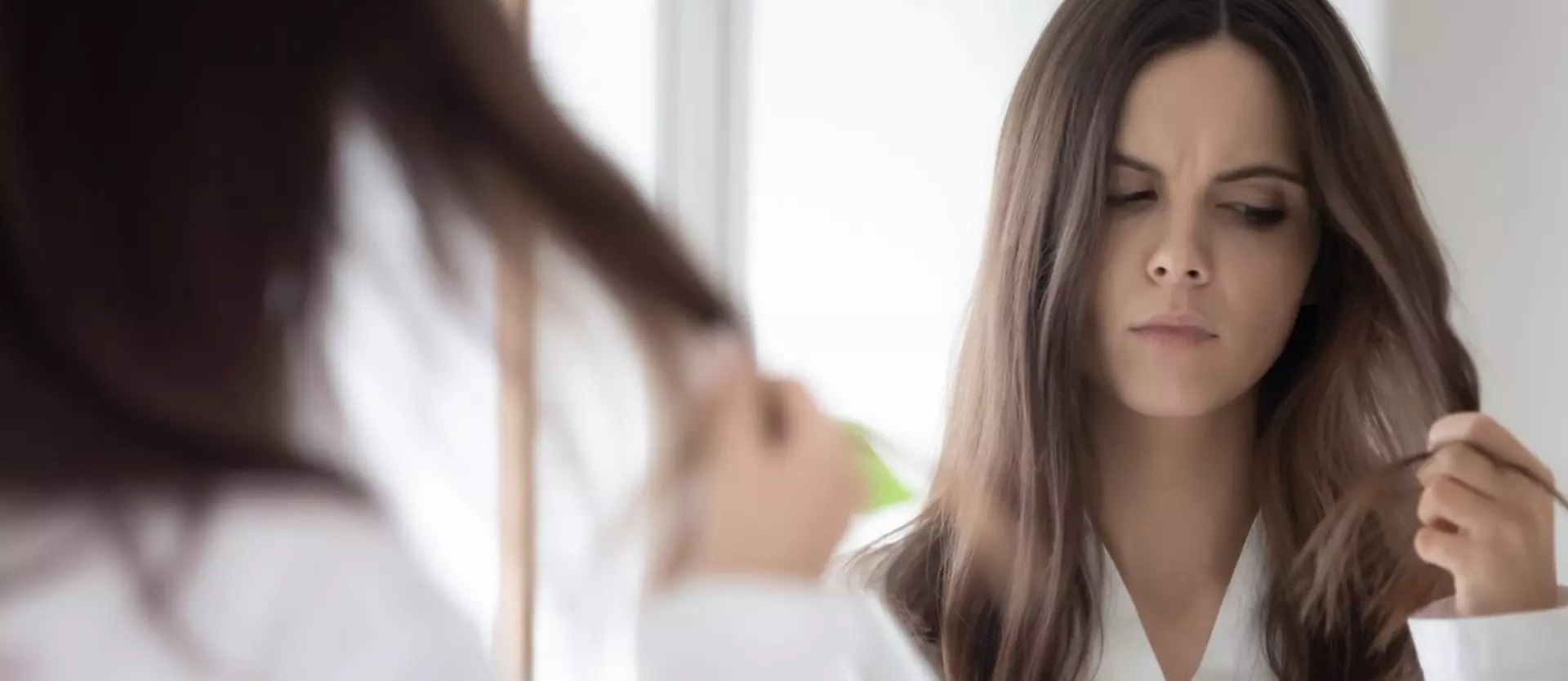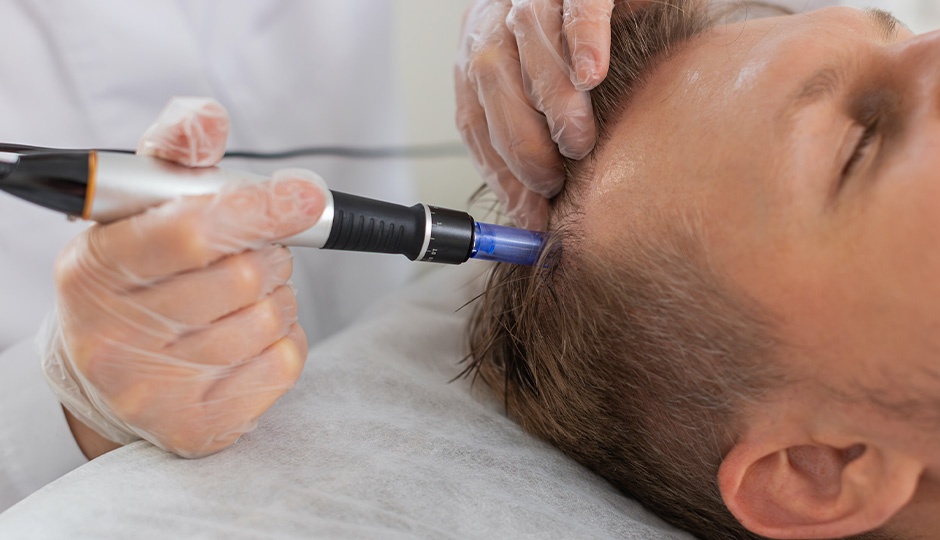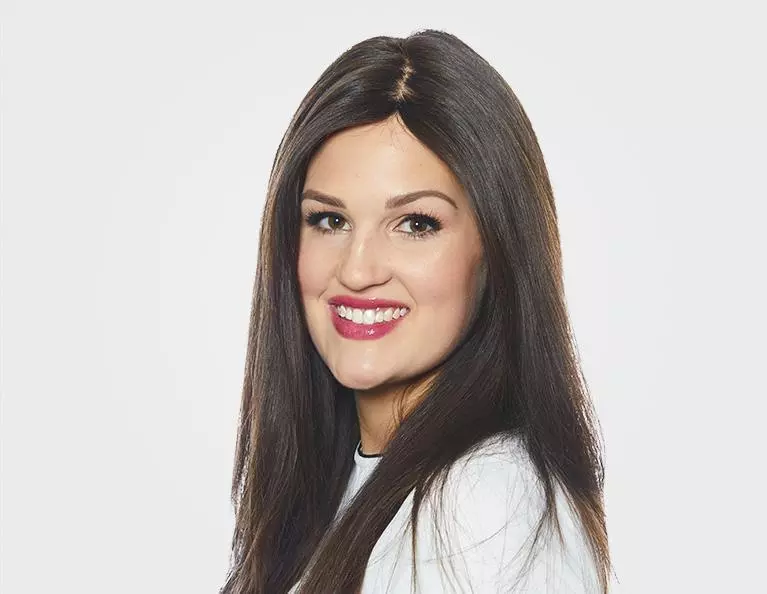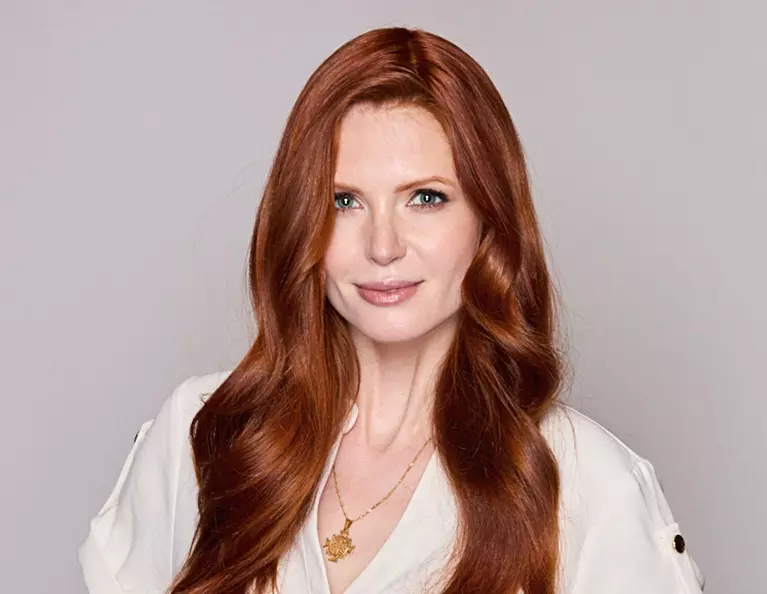More women than ever are recognizing that hair loss can occur around the time of the menopause and in the years preceding it (perimenopause). Notable hormonal changes can indeed cause thinning hair and hair loss, so it’s not surprising that women should notice a difference around this time of life.
However, there are other reasons why women might notice hair loss, no matter their age. We will cover some of the main ones below. However, if you do notice you’re losing more hair than usual, it’s best to seek advice from your healthcare provider and visit a hair loss professional.
Vitamin Deficiencies
Several vitamins have been linked to hair loss, with biotin one of the best known of these. If you get a good balanced diet, you shouldn’t be deficient in anything, but modern life can make this tricky to achieve at times. Low vitamin D can make your hair more brittle, so if you’ve noticed it breaking and shedding more easily than usual, this might be worth investigating.
Stress
Yes, stress can lead to hair loss, and while anyone can go through stressful experiences in life, women often juggle various responsibilities that can lead to hair loss. Taking care of children, helping elderly parents, managing a responsible job… or a combination of all these and more. If you can link your hair loss to a period of stress, see what you can do to reduce your stress if possible.
Thyroid Disease
This is one example of medical hair loss, where a condition can cause increased hair loss if it goes untreated. This can present as thinning hair, but you might also notice clumps of hair coming out during brushing. Thyroid problems cause all manner of other symptoms as well, many of which can be indicative of other things. A blood test can highlight thyroid problems, whether overactive or underactive, so this is the best way to rule out this issue if you’re suffering from hair loss.
Excessive Hair Styling
This one might surprise you, but many women notice an increase in hair fall or breakage because of their hairstyle. For instance, if you regularly tie your hair up tight or have another hairstyle that puts a lot of pressure on your hair, this can lead to brittle hair that breaks more easily. The same can occur if you regularly style your hair and use heated tools on it. This puts a lot of stress on your hair, so if you’ve noticed more hair loss than usual, the best way to stop hair loss is to ease back on styling and switch to a different hairstyle. Your hair stylist can provide advice and support in this area.
Weight Loss
If you’ve been dieting lately and lost some weight, you might notice you’ve been losing some hair too. This doesn’t always happen, but any considerable weight loss can trigger hair loss as well. It’s often due to the sudden change in diet, especially if it has led to deficiencies in certain vitamins, such as vitamin D or Iron. This form of hair loss is referred to as telogen effluvium, but the good news is that it should settle down and your hair will begin to grow back once your diet settles down.
Scalp Psoriasis
Psoriasis occurs when the skin produces too many cells, causing patches to build up on certain areas of the body. This can happen to the scalp, too. While scalp psoriasis won’t cause your hair to fall out, the scales and patches can become itchy and hard to ignore. If you scratch them, this can cause damage to the hair follicles, and this in turn can lead to hair loss. Seeking medical attention for scalp psoriasis can help reduce the chances of hair loss.
There are all kinds of conditions and scenarios that can cause a woman to lose hair. This might mean thinning hair, hair that is more likely to break, or bald patches on the scalp. Getting to the bottom of whatever is causing the hair loss is the first and most important step to help you combat the hair loss. In many cases, any hair you’ve lost will then begin to grow back too.
To learn more, contact the team at Unique Hair Concepts for a private, in-person consultation.






